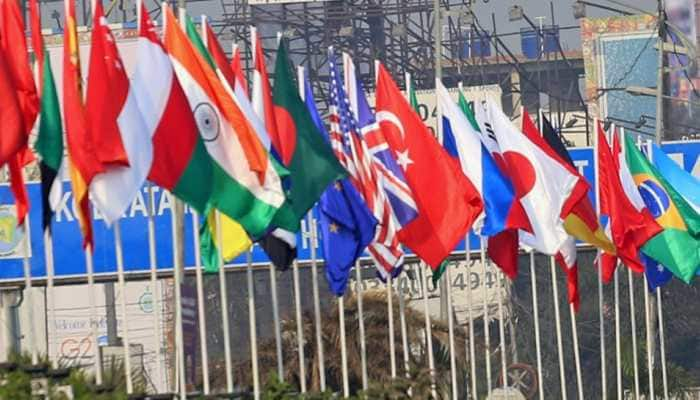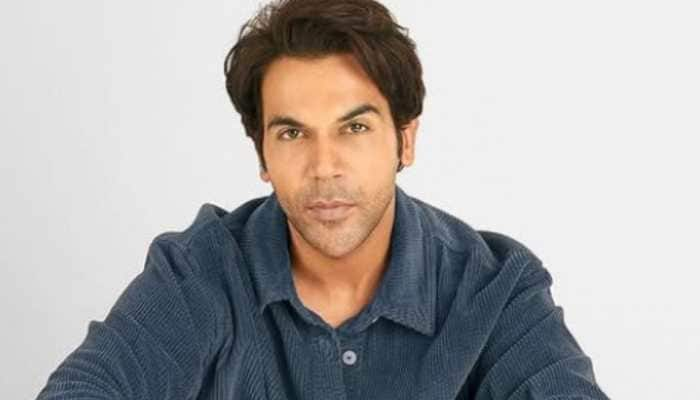JNU incident a kind of infection, needs to be cured before becoming epidemic: Delhi HC
JNUSU president Kanhaiya Kumar, arrested in a sedition case, was today granted interim conditional bail for six months.
Trending Photos
)
New Delhi: While granting interim six-month interim bail to Jawaharlal Nehru Uuniversity (JNU) student leader Kanhaiya Kumar, arrested for sedition, the Delhi High Court on Wednesday took strong exception to the manner in which slogans were raised and protest staged by the students carrying photographs and posters of Parliament attack case convict Afzal Guru and Maqbool Bhat.
Justice Pratibha Rani ordered the bail after asking the JNUSU president to furnish a surety of Rs 10,000.
While delivering the judgement, the HC said Kanhaiya Kumar should not take part in any "anti-national activity" actively or passively.
"Apart from that, as president of JNU Students Union, he will make all efforts within his power to control anti-national activities in the campus," the high court said.
While noting that Kanhaiya belongs to an intellectual class pursuing PhD from International School of Studies, JNU, which is considered as hub of intellectuals, the court said that his political ideology or affiliation has to be pursued within the framework of Indian Constitution as freedom of speech and expression is subject to reasonable restrictions under Article 19(2) of the Constitution.
"The reason behind anti-national views in the mind of students who raised slogans on death anniversiry of Afzal Guru, who was convicted for attack on our Parliament, which led to this situation have not only to be found by them but remedial steps are also required to be taken in this regard by those managing the affiars of the JNU so that there is no recurrence of such incident," the judge said.
The high court also made strong remarks on the slogans raised by the accused students, saying they cannot claim protection under fundamental right to speech and expression particularly in view of the fact that the investigation into the case was at nascent stage.
It considered the entire incident "as a kind of infection" from which such students are suffering and needs to be cured "before becoming epidemic" and "surgical intervention" is required when the first line of treatment fails.
"The investigation in this case is at nascent stage. The thoughts reflected in the slogans raised by some of the students of JNU who organised and participated in that programme cannot be claimed to be protected as fundamental right to free speech and expression.
"I consider this as a kind of infection from which such students are suffering which needs to be controlled/cured before it becomes an epidemic.
"Whenever such infection is spread in a limb, effort is made to cure the same by giving antibiotics orally and if that does not work, by following second line of treatment. Sometimes it may require surgical intervention also.
However, if the infection results in infecting the limb to the extent that it may become gangrene, amputation is the only treatment, the judge said.
While expressing reservation over the slogans raised by the students allegedly hailing Guru and Bhat as martyrs, the High Court said while dealing with the bail application of Kanhaiya, "it has to be kept in mind by all concerned that they are enjoying this freedom only because our borders are guarded by our armed and paramilitary forces."
"This kind of slogans raised may have demoralising effect on the family of those martyrs who returned home in coffin draped in tricolor," the High Court said and reminded Kanhaiya that "rights and duties are two sides of the same coin."
The judge said though Kanhaiya was claiming rights gauranteed under the constitution "he has also to be reminded that under Part-IV under Article 51A of Constitution of India fundamental duties of every citizen have been specified alongwith the fact that rights and duties are two sides of the same coin."
"As president of JNUSU, Kanhaiya was expected to be responsible and accountable for any anti-national event organised in the campus. Freedom of speech guaranteed to the citizens of this country under the Constitution of India has enough room for every citizen to follow his own ideology or political affiliation within the framework of our Constitution," the High Court said.
Stay informed on all the latest news, real-time breaking news updates, and follow all the important headlines in india news and world News on Zee News.
Live Tv







)
)
)
)
)
)
)
)
)
)
